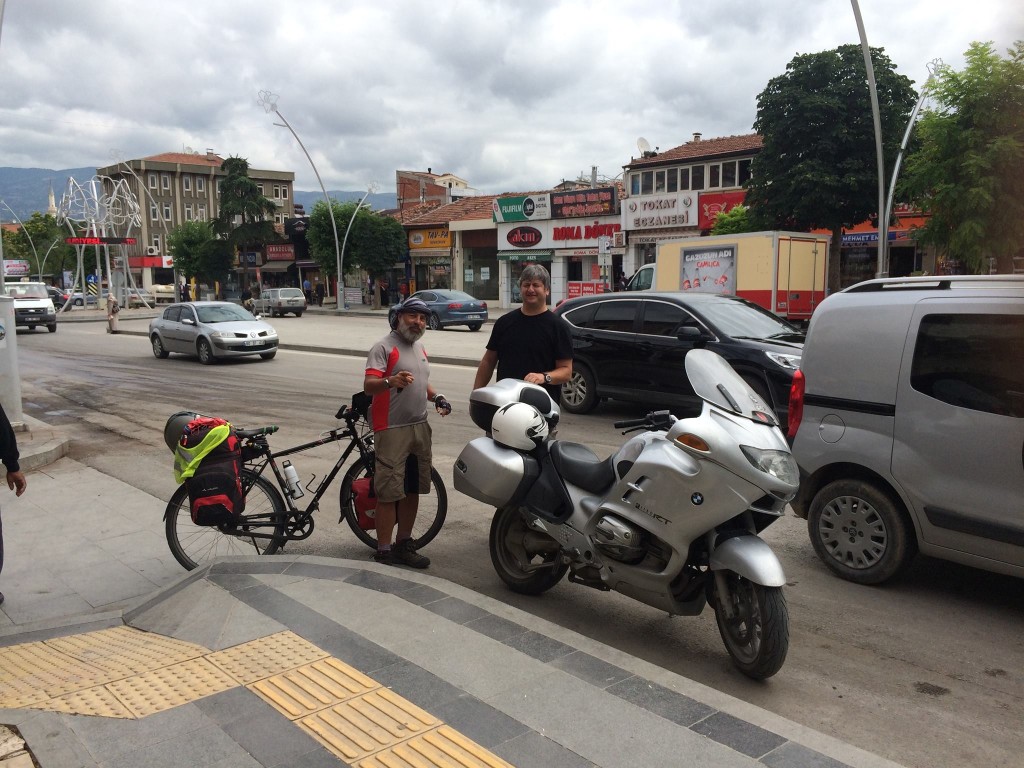
Es war heute wieder so ein Tag, wo ich mir einen Reisepartner gewünscht habe. Dieser trat aber erneut nicht in Erscheinung.
Der Anfang bzw. mein Start gestallte sich heute erneut schwierig und ich kämpfte mit der Überwindung, die Reise fortzusetzen oder ein Ruhetag in dieser schönen Stadt noch dranzuhängen. Ich befinde mich nun erneut in einer bergigen Landschaft und es ist kurios, hier fühle ich mich wieder etwas geborgen und empfinde die Menschen noch wärmer als es die Türken ohnehin schon sind. Während meiner Reise in diesem Land und das überqueren von unterschiedlichen Provinzen und Regionen stelle ich fest, so meine Wahrnehmung, dass es unterschiede in der Menschlichen wärme gibt, so empfand ich zB. Kayseri als etwas karg und kühler als Kappadokien zuvor oder gegenwärtig Tokat und Niksar. (In Kayseri erlebte ich, zum ersten mal in der Türkei, wie mich ein Hamam-Besitzer mit einer aggressiven Art, mich übers Ohr zu hauen versuchte, was ich erfreulicherweise abzuwehren wusste)
Nun startete ich etwas verspätet aus meiner Herberge und erledigte meine alltäglichen Einkaufe, also Proviant und Getränke für den Tag, (und evtl auch für die Nacht) in einem kleinen Laden der Stadt Tokat. In diesem Augenblick sprach mich ein Herr auf englisch an, und gab sich mit seinem Namen und als Mitglied von Warmshowers zu erkennen. Sein Name: Mammut Coskun, ein Arzt aus dieser Stadt, allerdings gebürtig in Deutschland, dessen Sprache aber er nicht beherrscht. In der Tat, ich hatte Tage zuvor sein Profil in Warmshowers gesehen, doch gleich wie allen Anderen, nicht kontaktiert. Weiss auch nicht weshalb. Wir unterhielten uns kurz während wir an einem Kaffeehaus sassen. Serviert wurde uns nichts da wir uns in der Fastenzeit befinden. Mammut gab mir wirklich nützliche Tips für meine Weiterfahrt und kontaktierte einen Bekannten der 15 Km nach meinem eigentlichen Ziel, die Stadt Niksar, einen Campingplatz betreibt. Dieser erschien in keiner Information die ich bis dahin hatte. Aus diesem Campingplatz schreibe ich nun diese Zeilen.
Dia Fahrt, bis hierher erwies sich als zermürbend. Ein steter Gegenwind bremste mich durch die 75 km stark ab und die 1550 zu bewältigende Höhenmeter taten ihr übriges. Ich kam schliesslich schon nach Dunkelheiteinbruch um 9 Uhr nachts, zwischen Hundegebälle am Platz an.
Während der Fahrt hielt ich immer wieder Rast und machte, chronologisch geordnet folgende Begegnungen:
Tankstelle in Tokkat: Der Sohn des Tanstellenbesitzer. Architektur Student kurz vor seiner Diplomarbeit (auf englisch),
Ahmet, der Wächter der „Komana Pontika„ welche dem Publikum eigentlich gesperrt ist, aber er lies mich zu den Ausgrabungen rein, erklärte mir einiges, und bot mir frische Kirschen aus seinem Baum. (Unterhaltung mit Google APP)
Iyopsun (den korrekten Namen habe ich vergessen) ein Frührentner (nach einem Schlaganfall) aus Düsseldorf wo er mit seiner Frau und die verheirateten Söhne lebt. Hier verbringt er gerade Urlaub im Elternhaus, was er geniesst, aber genauso freut er sich in einer Woche wieder nach Düsseldorf zurück zu fliegen. Er bot mir The und türkischen Kaffe an. (Auf Deutsch)
Vater und Tochter/strong>, Landwirte, sie boten Ihr Obst am Strassenrand an, aus der dahinter liegenden Farm. Sie offerierten mir saftige und traumhafte Pfirsiche an. Sie, die Tochter lernt derzeit Deutsch in der Schule. (Unterhaltung mit google translator app)
Strassenbauarbeiter auf der neu auszubauende Route zwischen Tokat und Niesar. Dem vermutlich Bauingenieur muss ich heute das Foto mailen. (Unterhaltung mit google translator app)
Kinder-Checkpoint auf einer Strasse des Städchens Niksar. Sie kamen angerannt, aus allen Ecken und sogar erwachsene gesellten sich zu mir. Sie wiederholten lauthals, „Hallo“ „How Are You“ und „Where are you from“ (es ist so schön wie man mit Kindern, auch nur mit Mimik sich unterhalten kann)
Um 22 Uhr, ungewaschen fiel ich in meiner angemieteten Hütte, die mir zum halben Listenpreis gegeben wurde, meiner Ermüdung zum Opfer.
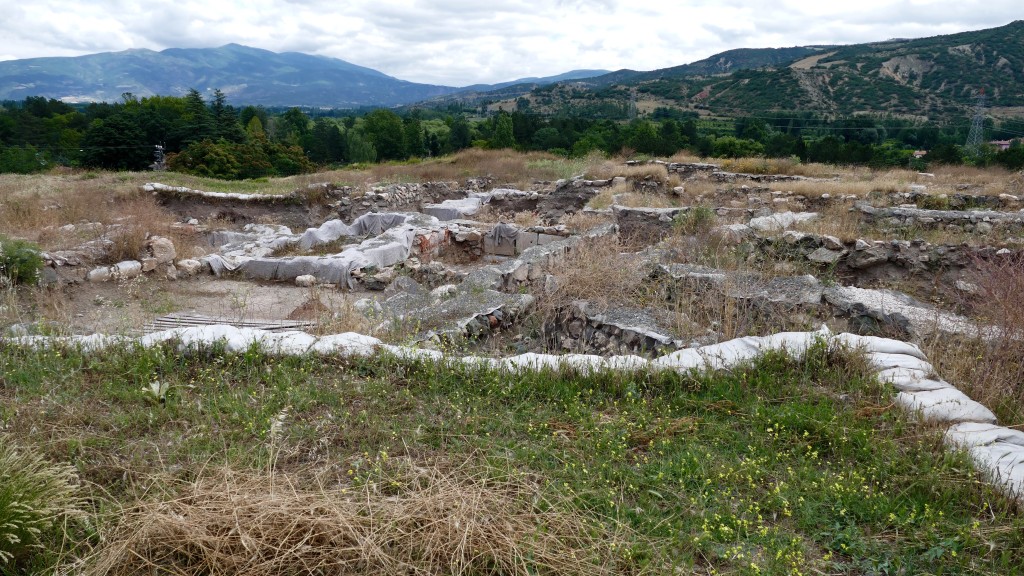
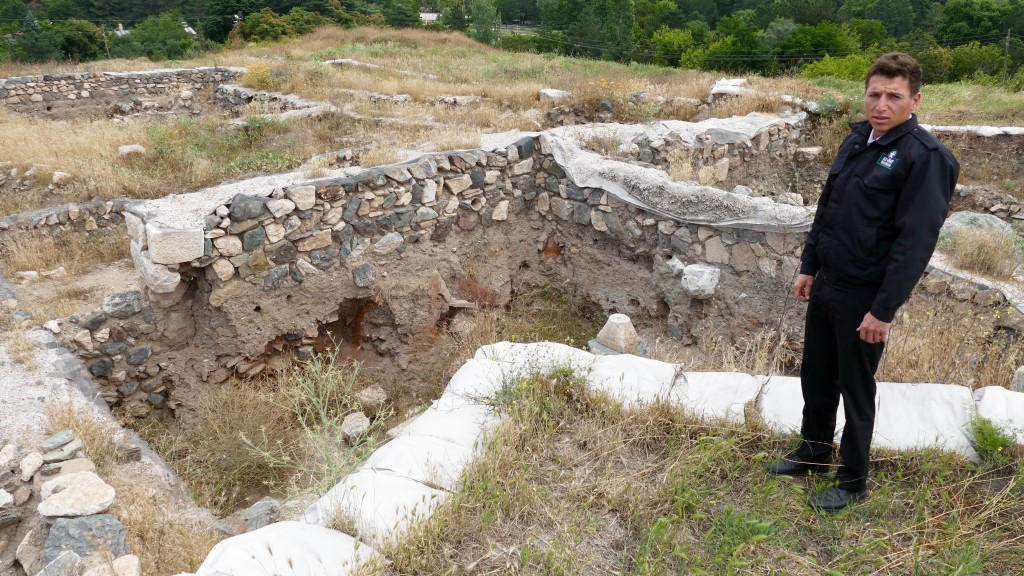
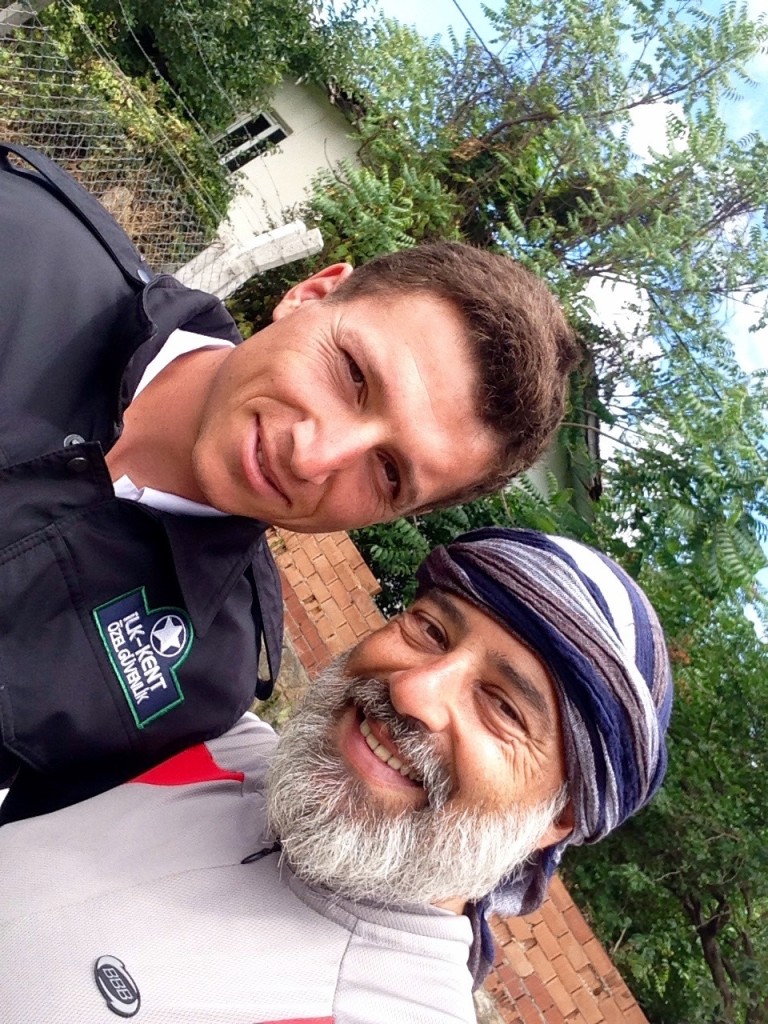
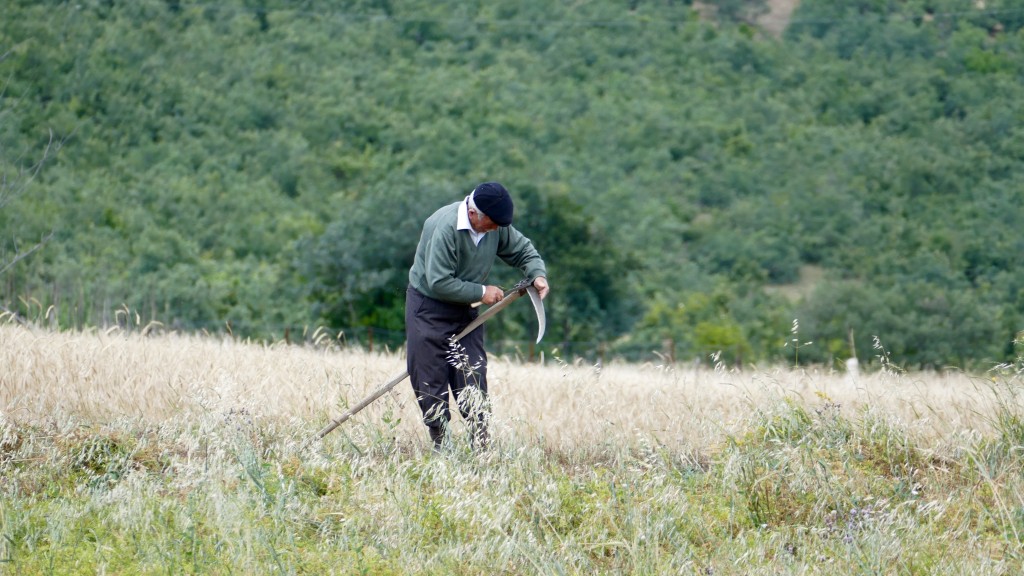
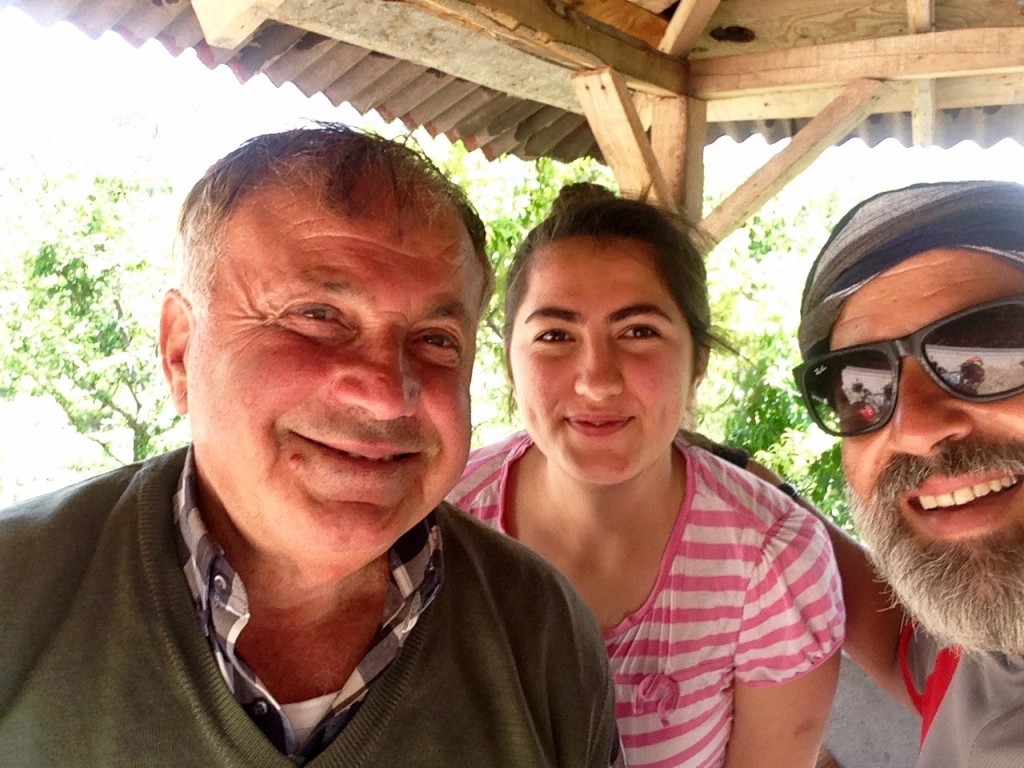
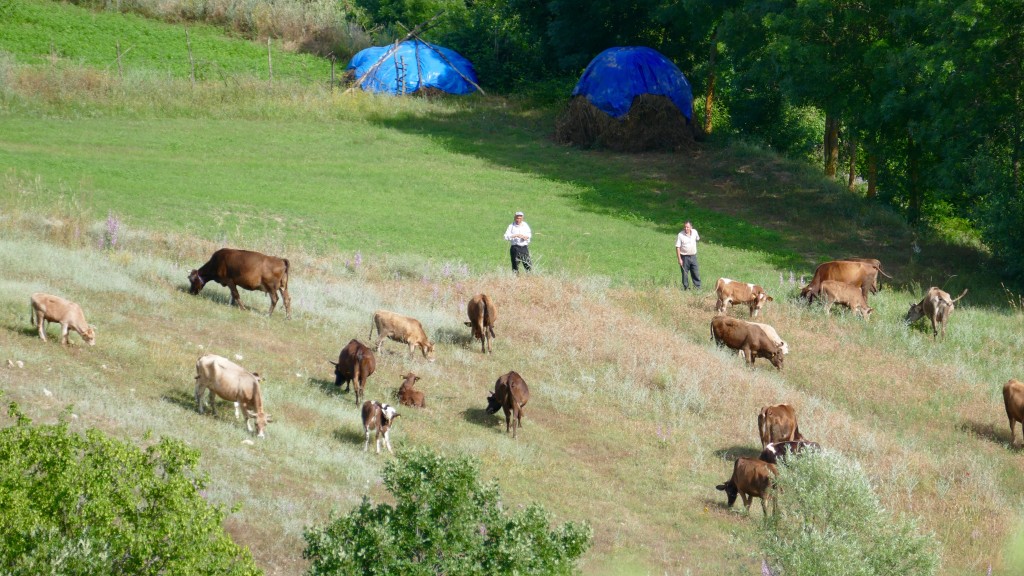
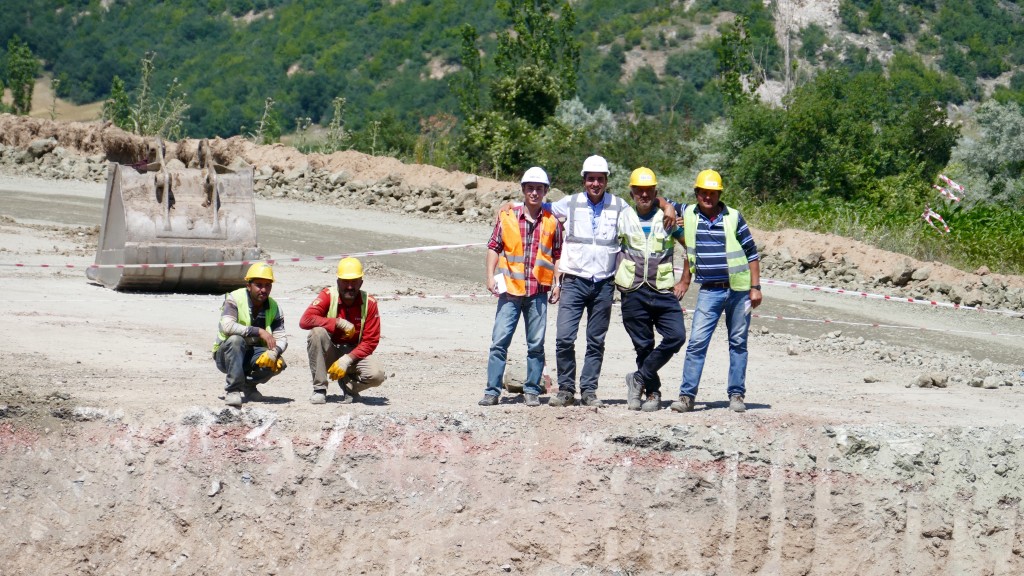
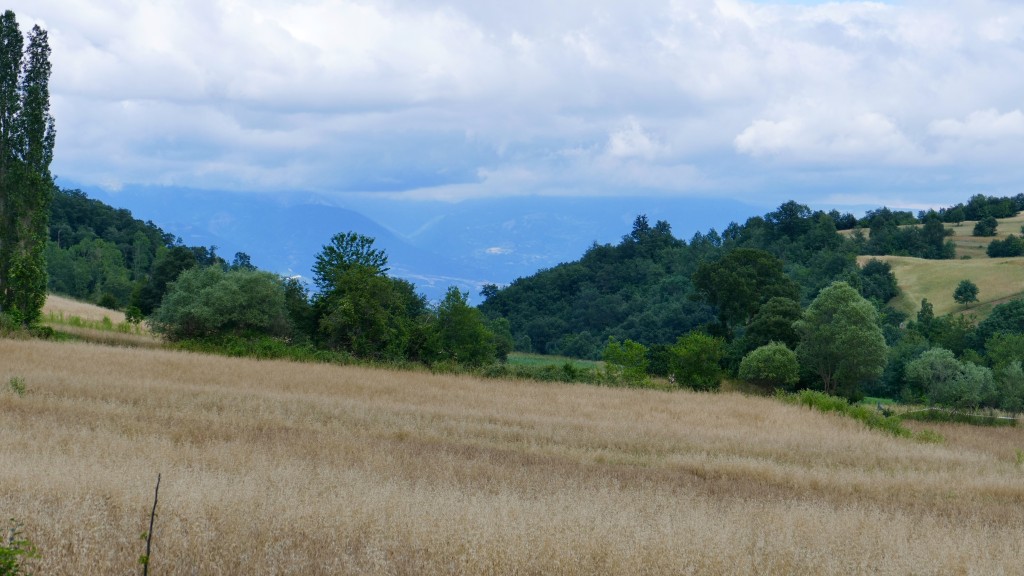
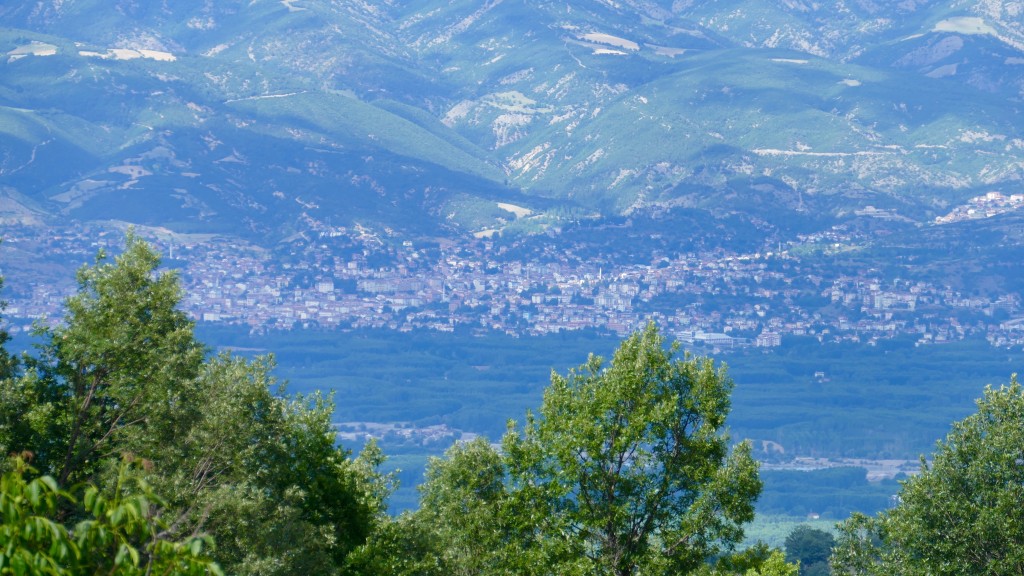
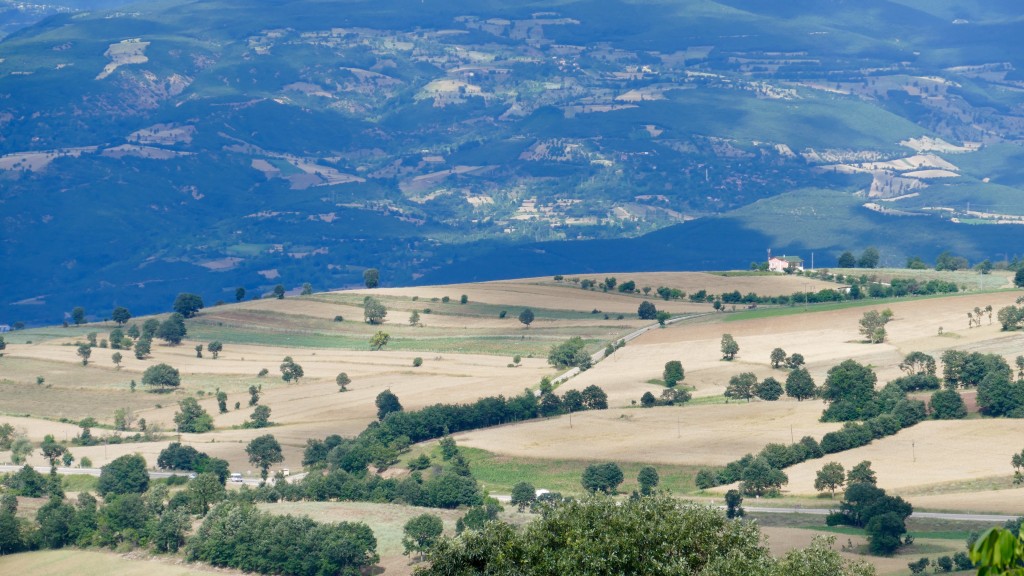
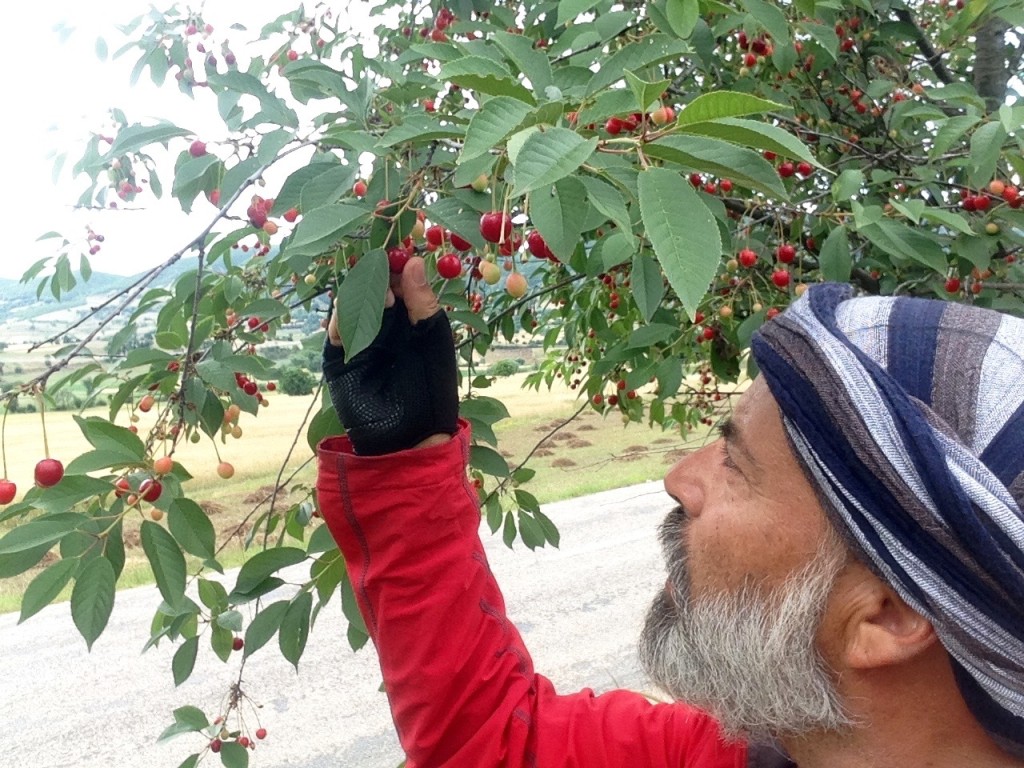
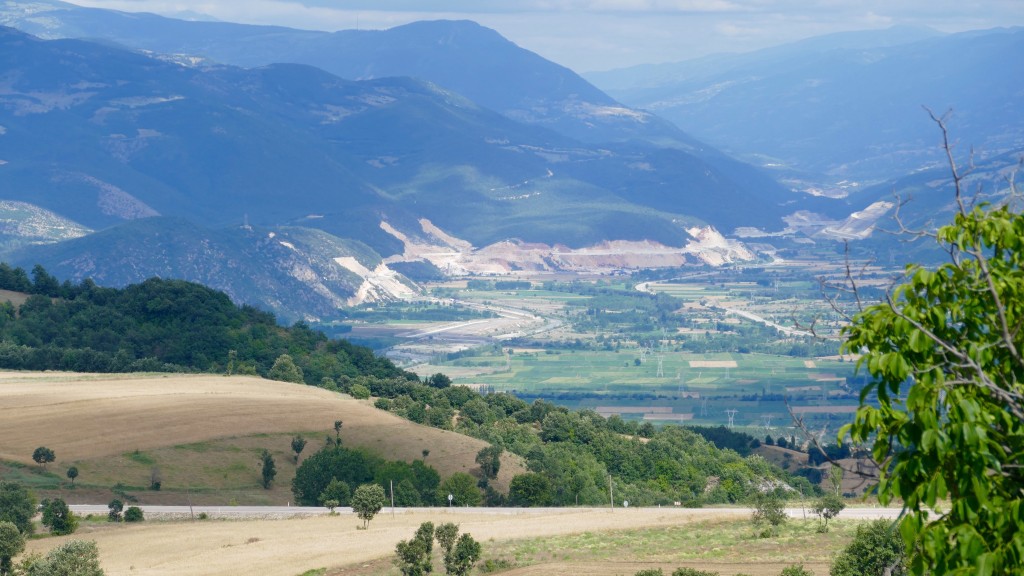
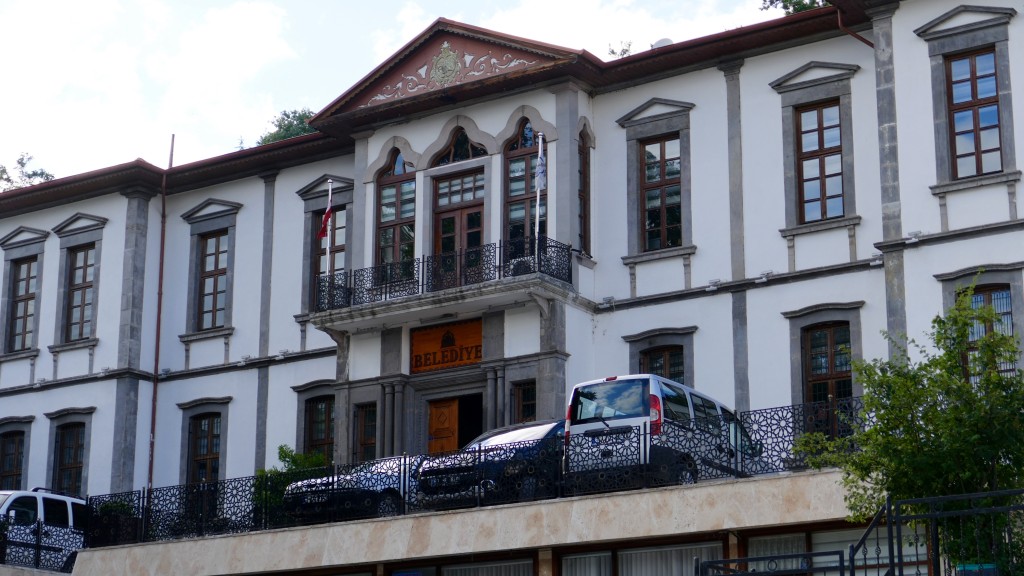
It was known as Cabira in the Hellenistic period (Κάβειρα in Greek). It was one of the favourite residences of Mithridates the Great, who built a palace there, and later of King Polemon I and his successors.
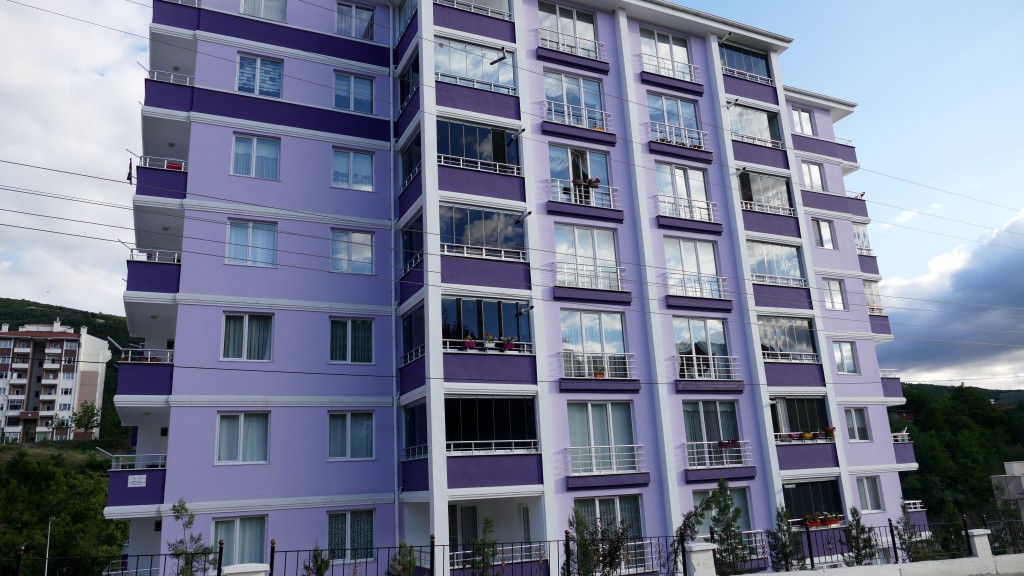
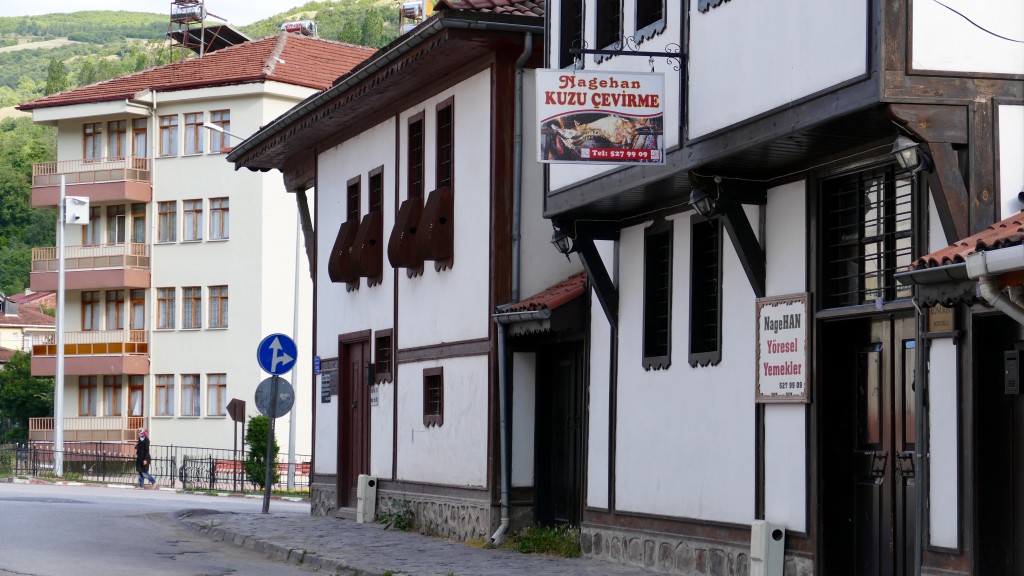
It was known as Cabira in the Hellenistic period (Κάβειρα in Greek). It was one of the favourite residences of Mithridates the Great, who built a palace there, and later of King Polemon I and his successors.
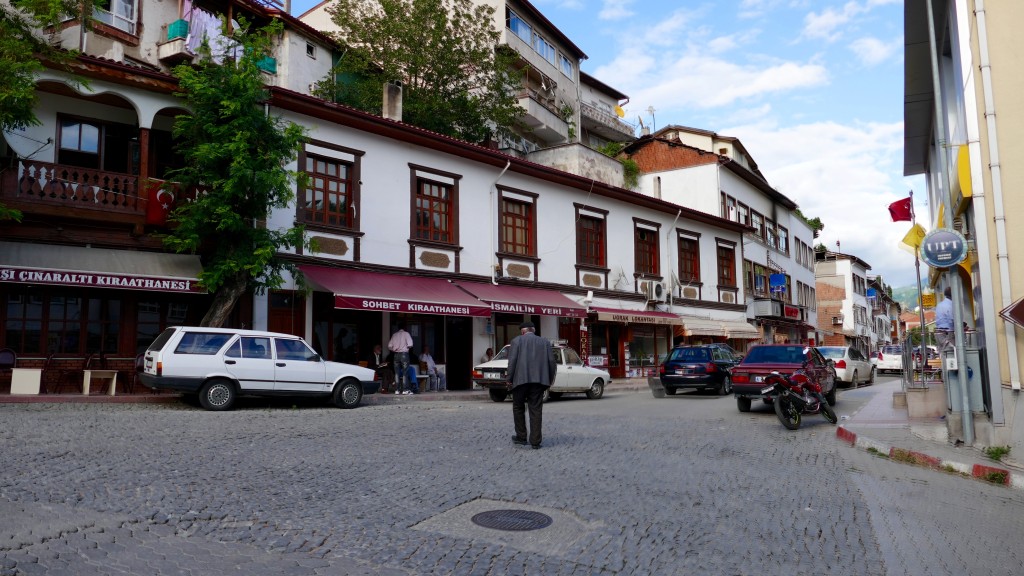
It was known as Cabira in the Hellenistic period (Κάβειρα in Greek). It was one of the favourite residences of Mithridates the Great, who built a palace there, and later of King Polemon I and his successors.
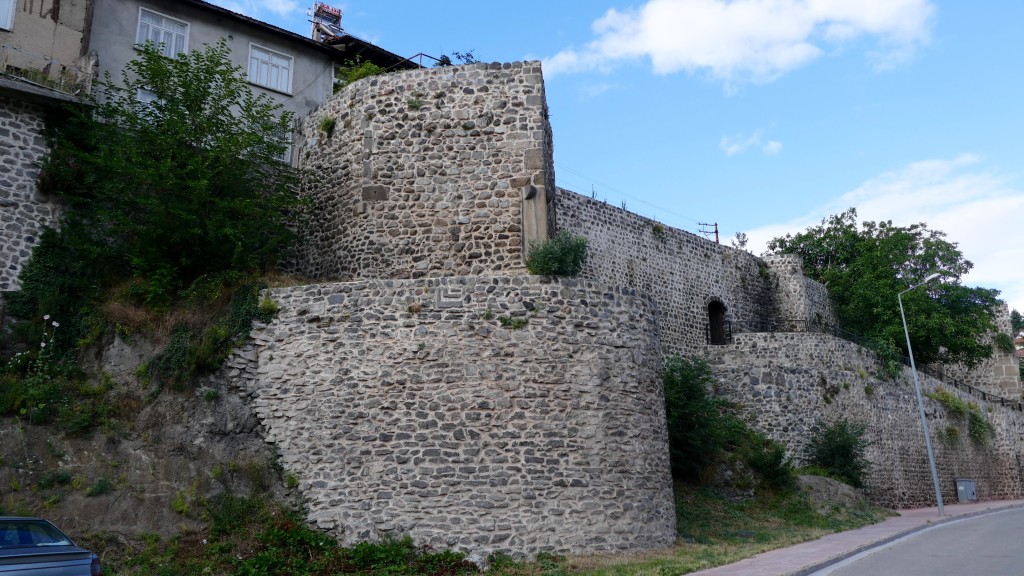
It was known as Cabira in the Hellenistic period (Κάβειρα in Greek). It was one of the favourite residences of Mithridates the Great, who built a palace there, and later of King Polemon I and his successors.
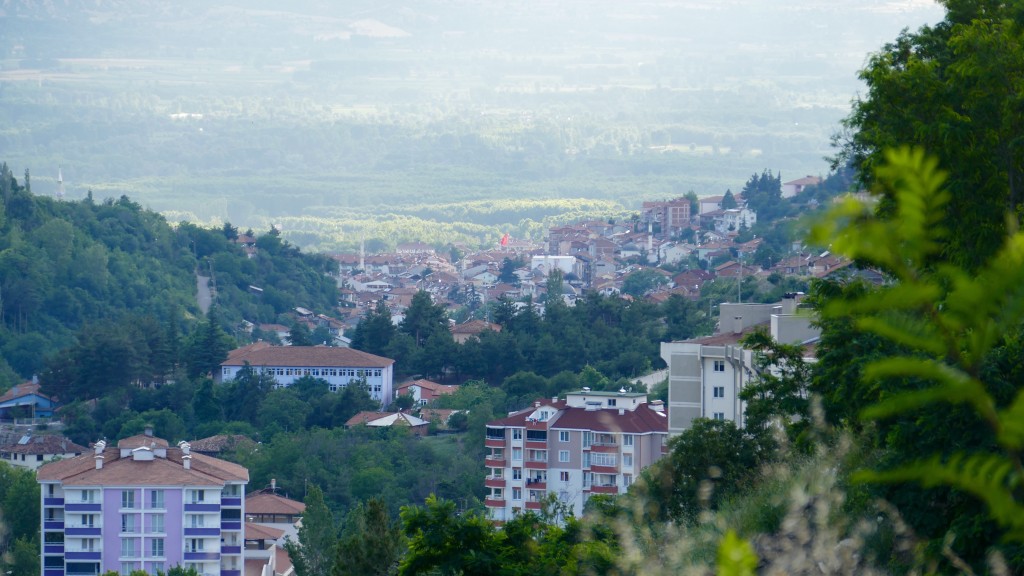
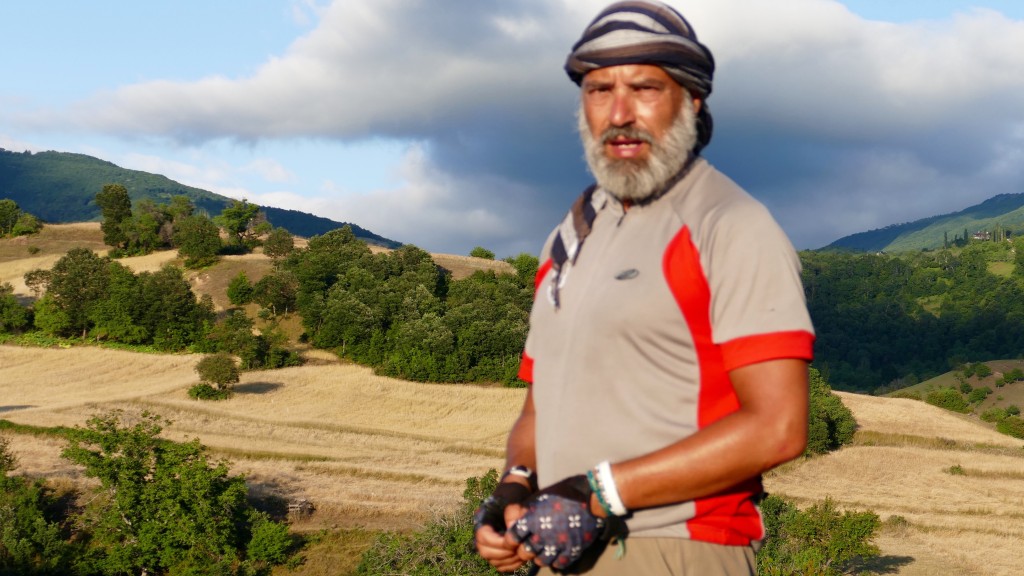

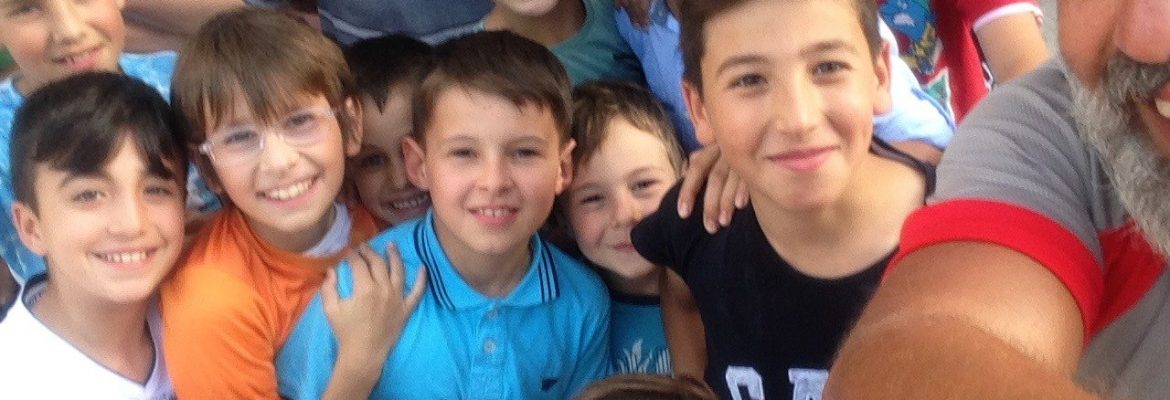
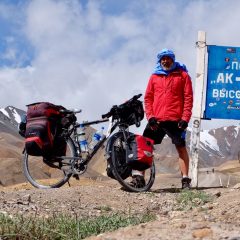
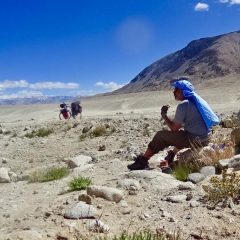
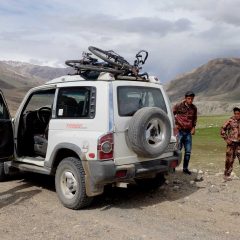
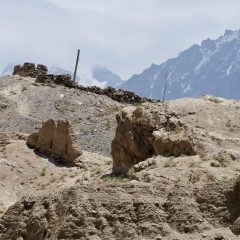
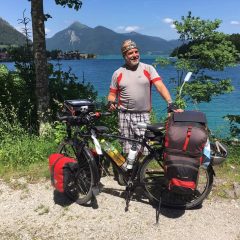
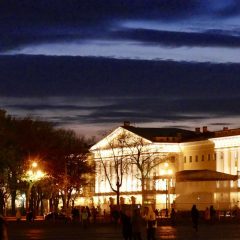
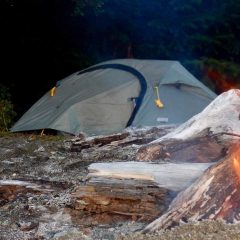
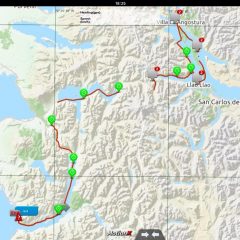
Bitte hinterlasse eine Antwort